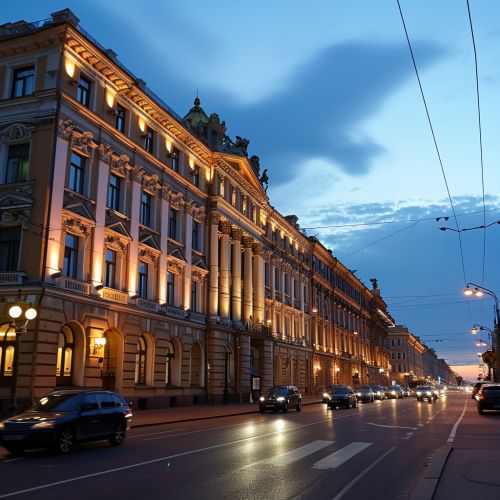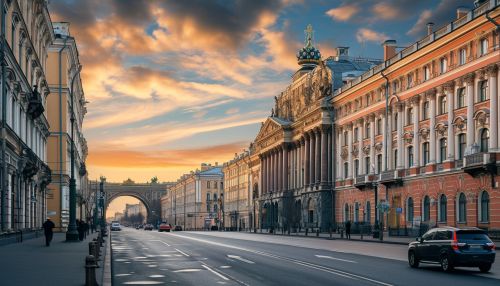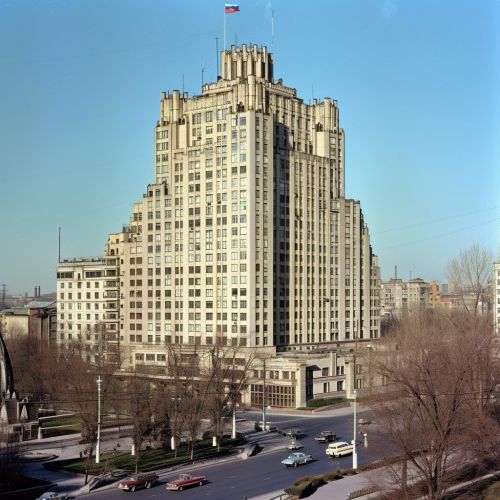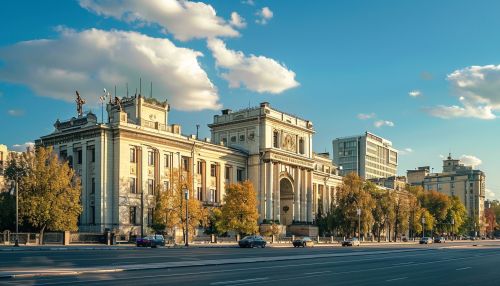Alexei Kosygin
Early Life
Alexei Nikolayevich Kosygin was born on February 20, 1904, in the city of St. Petersburg, then the capital of the Russian Empire. He was the son of a skilled laborer, Nikolai Ilyich Kosygin, and his wife, Matrona Alexandrovna. The family lived in poverty, a common circumstance for many Russian families during this period.


During the 1917 Russian Revolution, Kosygin was a young teenager. He became involved in the revolutionary movement, joining the Russian Communist Party in 1921 at the age of 17.
Education and Early Career
Kosygin attended the Leningrad Cooperative Technical Institute, where he studied economics. After graduation, he began his career in the Soviet Union's textile industry. He quickly rose through the ranks, becoming the director of several factories and eventually the People's Commissar for Textile Industry in 1938.
Political Career
In 1939, Kosygin was appointed to the Council of People's Commissars, the highest executive authority in the Soviet Union. He served as Deputy Chairman under Stalin during World War II, overseeing the Soviet Union's war economy.
After Stalin's death in 1953, Kosygin initially lost some of his political influence. However, he regained prominence during the leadership of Khrushchev, serving as First Deputy Chairman of the Council of Ministers.


Prime Minister
Kosygin became the Chairman of the Council of Ministers, equivalent to the role of Prime Minister, in 1964 following Khrushchev's removal from power. He served in this position until 1980, making him one of the longest-serving heads of government in the history of the Soviet Union.
During his tenure, Kosygin attempted to implement economic reforms to decentralize the Soviet economy and increase productivity. However, his efforts were often hampered by the conservative elements within the Communist Party.
Later Life and Death
Kosygin resigned from his position as Chairman in October 1980 due to health problems. He died two months later, on December 18, 1980, at the age of 76.
Legacy
Kosygin's legacy is complex. He is remembered for his attempts to reform the Soviet economy and for his long tenure as head of government. However, his efforts were often stymied by the conservative elements within the Communist Party, and many of his proposed reforms were not fully implemented.
